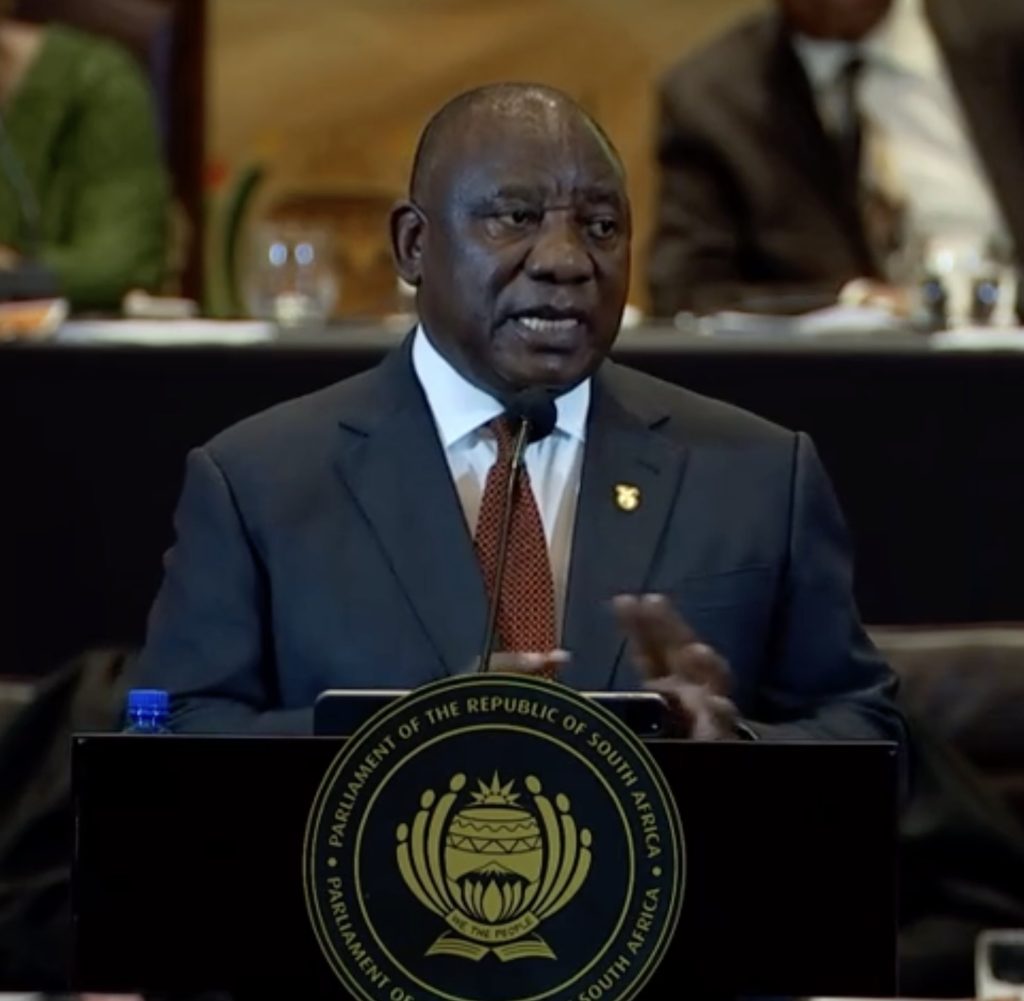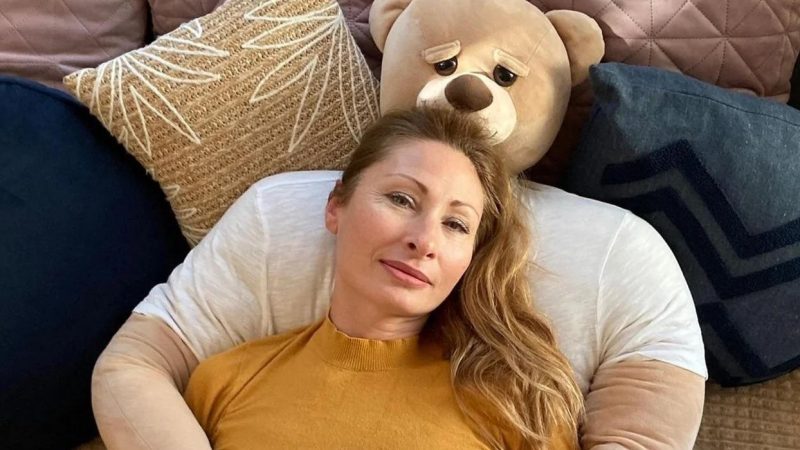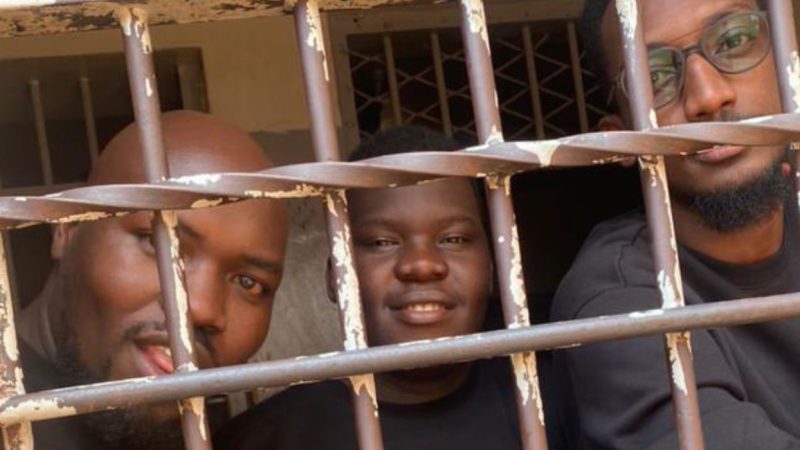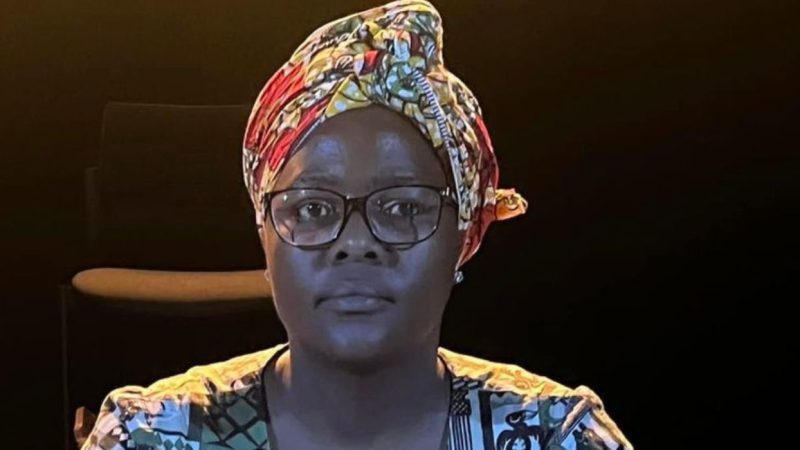South Africa Declares ‘State of Disaster’ Over Energy Crisis
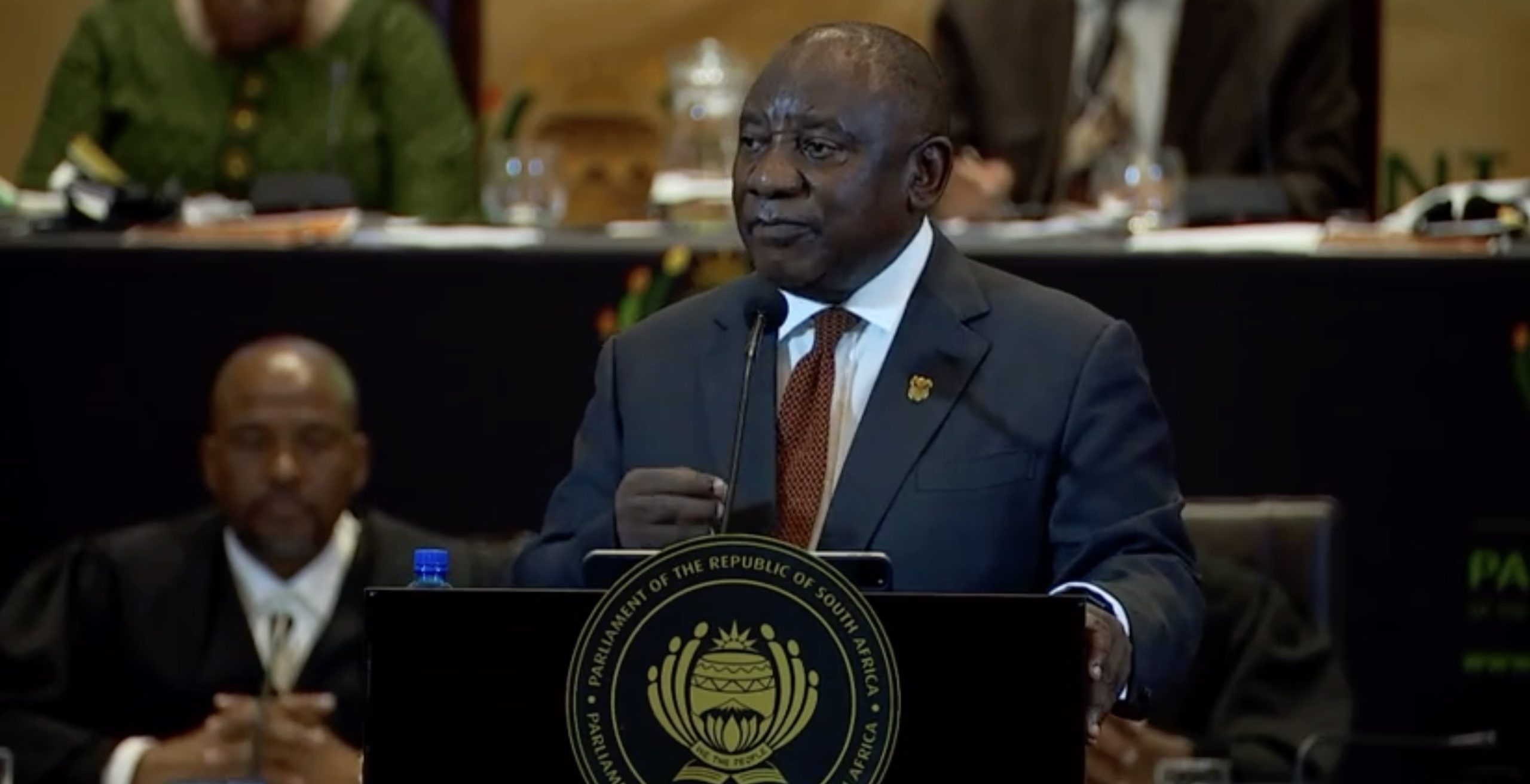
South Africa has declared a national state of disaster over the country’s worst-ever spate of rolling blackouts, as the government scrambles to remove obstacles to investing in energy supply outside the broken Eskom power monopoly.
South African President Cyril Ramaphosa announced the measure would take immediate effect during a state of the nation address on Thursday 9 February, as he warned that the power cuts that have hit Africa’s most industrial nation every day this year were “an existential threat to our economy and our social fabric”.
“We are in the grip of a profound energy crisis. The crisis has progressively evolved to affect every part of society. We must act to lessen the impact of the crisis on farmers, on small businesses, on our water infrastructure and our transport network.” Ramaphosa said in his annual State of the Nation address to parliament.
The state electricity utility Eskom is implementing the worst rolling blackouts on record, leaving households in the dark, disrupting manufacturing and hurting businesses of all sizes.
The power cuts are expected to reduce economic growth in Africa’s most industrialized nation to just 0.3 percent this year.
Declaring a national state of disaster gives the government additional powers to respond to a crisis, including by permitting emergency procurement procedures with fewer bureaucratic delays and less oversight.
“The declaration of a disaster will enable us to exempt critical infrastructure such as hospitals and water treatment plants from load shedding and it will enable us to accelerate energy projects and limit regulatory requirements,” said Ramaphosa.
The electricity crunch has been years in the making, a product of delays in building new coal-fired power stations, corruption in coal supply contracts, criminal sabotage and failures to ease regulation to enable private providers to swiftly bring renewable energy on tap.
Ramaphosa said the government was working on a mechanism for targeting basic income support for the most vulnerable, within fiscal constraints.
In other news, Zimbabwe electricity crisis is said to ease as new Hwange unit to start operating soon and it will lift the African nation’s installed capacity by more than 14% to 2400 megawatts. Less than half of Zimbabwe’s 16 million citizens have access to electricity, and a global squeeze on funding new coal-fired capacity has limited the country’s ability to plug chronic power cuts that have lasted as long as 18 hours in recent days.
